Preparatory court hearing: advice for lawyers
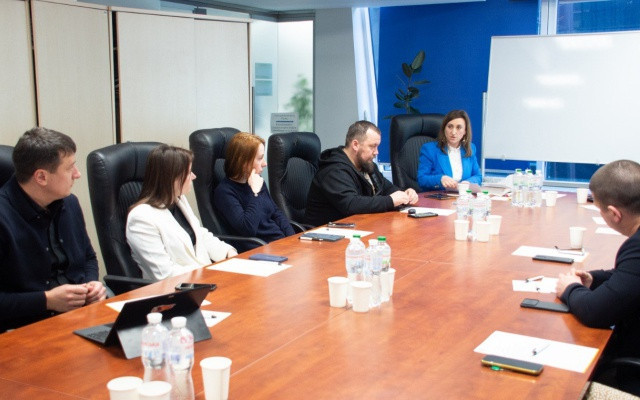
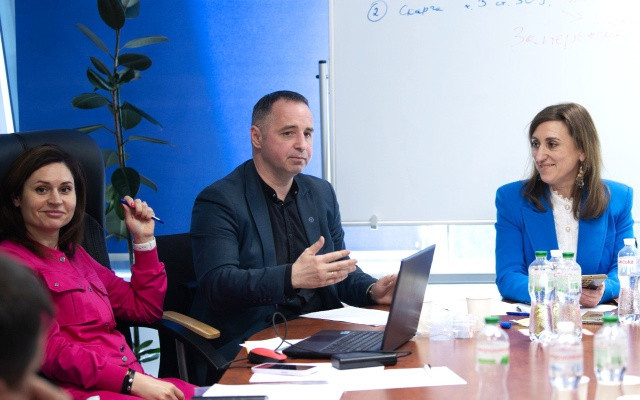
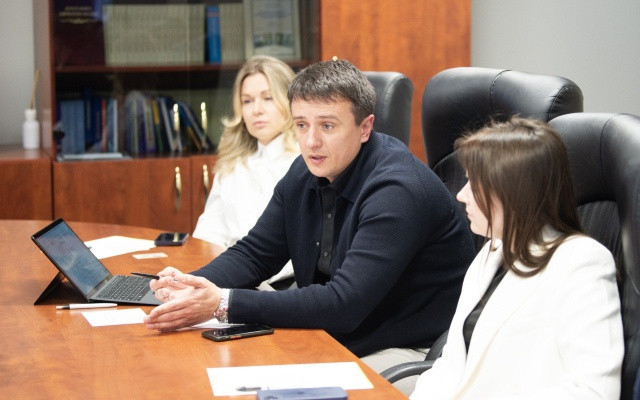
Dozens of preparatory court hearings in criminal cases are held every day, and the vast majority of them are attended by defense attorneys. It is crucial that every defense lawyer involved in a preliminary hearing is aware of the importance of this stage of the process and is able to effectively prepare himself or herself and the client for participation in it.
Representatives of the UNBA Committee on Human Rights Protection discussed the peculiarities of preparing for the preliminary court hearing in order to prevent human rights violations at the round table.
The discussion focused on a number of problems that lawyers face almost every day: appealing decisions, actions or inaction of pre-trial investigation bodies or the prosecutor during the pre-trial investigation, objections to the rulings of investigating judges and the indictment, and the request for things and documents.
Hanna Kolesnyk, the Chairman of the UNBA Committee noted that the course of the entire court hearing depends on the level of preparation and organization of the preliminary hearing, since a number of motions and applications are filed only at the stage of the preliminary hearing in accordance with the norms of criminal procedure law. If later the defense counsel wishes to use one of the mechanisms, in particular, the recognition of inadmissible evidence with a combination of complaints under Article 303 of the CPC or objections to the rulings of investigating judges, he will not actually be able to use such a mechanism, since he has not worked out this work at the stage of the preparatory court hearing.
Serhiy Starenkyi, Deputy Chairman of the UNBA Committee and Chairman of the Section on Protection of Prisoners' Rights, raising the issue of appealing decisions, actions or inaction of pre-trial investigation bodies or the prosecutor during the pre-trial investigation in accordance with Article 303 of the CPC of Ukraine, noted that the mechanism for filing complaints at the preliminary court hearing, although provided for by the CPC of Ukraine, the procedure for making decisions on these complaints is not clearly spelled out in the criminal procedural legislation of Ukraine, which leads to a free interpretation of legal provisions by the courts.
S. Starenkyi also gave an example from his own lawyer's practice regarding a complaint about inaction, in particular, violation of the right to defense and inaction of the investigator or prosecutor regarding the interrogation of a suspect. He pointed out that, as a rule, following the practice of the investigation, the initial suspicion is changed before the indictment is served. Formally, the suspicion is changed, so the suspect has the right to provide explanations in this regard, and depriving him or her of the right to provide explanations or explain certain actions during interrogation indicates that the person is deprived of the right to defense.
H. Kolesnyk, supporting her colleague's opinion, emphasized that during the preparation defense lawyers should, first of all, use what the court already has, i.e., the indictment and the register of pre-trial investigation materials. She also recommended analyzing the register and motions filed at the pre-trial investigation stage. If they are not available, but the lawyer has evidence of their submission, he or she can attach these materials to the complaint as an element of validity and submit them together, given the fact that this is already the basis for returning the indictment, since the latter does not meet all the statutory requirements.
«It is worth remembering that the prosecutor is obliged to prove both the guilt of the person and provide evidence of the person's innocence, that is, the prosecutor must work in both directions, not giving preference to any of them», - added the Chairman of the UNBA Committee.
In addition, the lawyer drew attention to the risks of submitting documents to the court, in particular, the need to carefully choose the way they are submitted. If printed documents are submitted during the hearing, the court may review and refuse them, and accordingly, there will be nothing in the materials. Therefore, in situations where the defense counsel clearly understands that the documents are extremely important, but there is a risk of their rejection, the best option to resolve such a situation is to submit them through the court office.
At the same time, it should be borne in mind that submitting documents through the Electronic Court is not the best option, as this system is often overloaded, which generally makes such submission impossible. As for submission via e-mail, it is worth remembering that the receipt of the relevant documents by the court is not the moment of their sending, i.e. in most cases this happens outside the court session.
The issue of objections to the rulings of investigating judges as an effective remedy provoked a lively discussion, with different positions being expressed. H. Kolesnyk insisted that it is necessary to proceed from the fundamental principles of law, in particular, that every right has a corresponding duty. In other words, applying this principle by analogy, it is quite obvious that if a person exercises a certain right, then such exercise must be followed by a result, and if no result occurs, then it is a violation of the right.
Thus, the stage of the preparatory hearing, given the basic legal principles, cannot end without resolving the issues raised at this stage - they cannot be transferred to the stage of the trial on the merits. In addition, a separate controversial issue is whether the court can recognize the decision of the investigating judge as illegal - Article 309 of the CPC of Ukraine does not specify the grounds on which a lawyer may file an objection, and if it does not, it is quite logical to conclude that a lawyer has the right to file an objection to the decision of the investigating judge in accordance with Article 309(3) of the CPC of Ukraine on the grounds of illegality of the decision, and not only limited to grounds of unfoundedness.
Roman Gaidai, Chairman of the UNBA Committee's Section on Protection of the Right to Legal Aid, noted that in this case, it is worth paying attention, by analogy, to Article 412(1) of the CPC of Ukraine, where significant violations of the requirements of the criminal procedural law are those that prevented or could have prevented the court from making a lawful and reasonable court decision. That is, the reasonableness of a court decision, according to the lawyer, as an element of the right to a fair trial, cannot be assessed as "it is not reasonable, but it is legal".
During the consideration of the issue of objections to the indictment, attorney Susanna Tirzikyan emphasized that in most cases, when it comes to the indictment, lawyers use the mechanism of returning the indictment, but one should not forget that the indictment is a procedural decision, and accordingly, it is subject to the consequences as a decision during the preparatory court hearing, in particular, a complaint against the indictment, or rather a complaint against the actions of drawing up the indictment.
Oleksandr Koryukin, a member of the UNBA Committee Council, shared his own experience in filing objections to the indictment and distinguished between the return of the indictment. He also drew attention to the fact that the motion to return the indictment, objections to the indictment, and complaint against the indictment are different documents, the preparation and submission of which should depend on the specific situation, which is more promising for the client.
S. Starenkyi, discussing the issue of requesting certain things/documents as an effective mechanism to combat the prosecution, shared the idea that it is important to remember such a mechanism as filing a motion to close criminal proceedings in terms of time and within the framework of this request for an expanded extract from the URPTI at the preparatory court hearing.
«This issue is important, because in the future it can be established that this extract contains materials that were not disclosed to the defense. However, I emphasize that in order to do this, you need to have a defense strategy, that is, clearly understand why you are doing this and how you can use it in the future», - the lawyer emphasized.
H. Kolesnyk, on the other hand, argued that when reclaiming things and documents, it is precisely other case materials that were considered by the investigating judges. That is, without certain materials, certain circumstances, it is impossible to assess actions, inaction, prepare objections to rulings or file a motion to declare evidence inadmissible.
H. Kolesnyk also gave an example from her own practice. In particular, the fact that the decision to conduct an investigative action did not indicate the investigator, and then the same decision was brought with the same date with the investigator already indicated, that is, a situation arose in which the defense has one text of the decision, and the court has another. The question is: how can the defense prove the existence of an obvious violation in this case?
«Through familiarization with the pre-trial investigation materials, because the powers are submitted there, in particular, the resolution on the appointment of a group of investigators, so the defense needs to check them. That is, in this case, the defense must request an expanded extract of the URPTI and the movement in the URPTI», - the lawyer replied.
The UNBA Committee Chairman also emphasized that the pre-trial investigation body often violates human rights when seizing phones, in particular, disclosing information contained in the phone about other people, correspondence with his wife, photos of children, etc. By such actions, the authorized persons of the pre-trial investigation bodies grossly violate the human rights guaranteed by the Constitution of Ukraine, which requires a quick response from the lawyer, since such information cannot become the materials of criminal proceedings, let alone be subject to public disclosure.
Taking into account the number of issues related to the preparation for the preliminary court hearing, the UNBA Committee on Human Rights Protection is organizing a round table on «2.0. Peculiarities of preparing for the preliminary court hearing in order to prevent human rights violations», which will be held on April 12, 2024.
Popular news
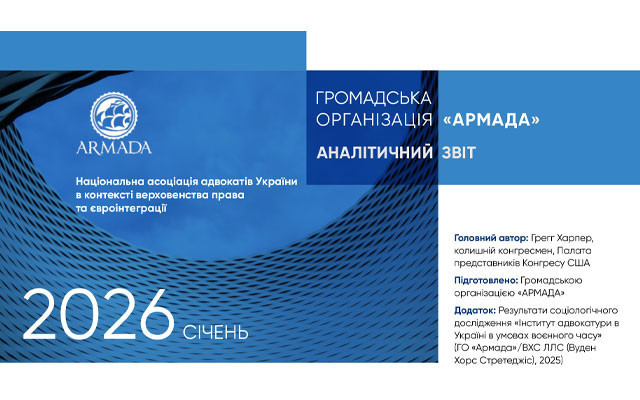
European integration
A translation of the report on advocacy presented to the European Parliament has been published
A translation of a research report on the Ukrainian advocacy profession in wartime, previously presented to the European Parliament in Brussels, has been published. The document is presented as a basis for discussion on the rule of law, Ukraine's European integration aspirations, and countering Russian disinformation in the legal sphere.
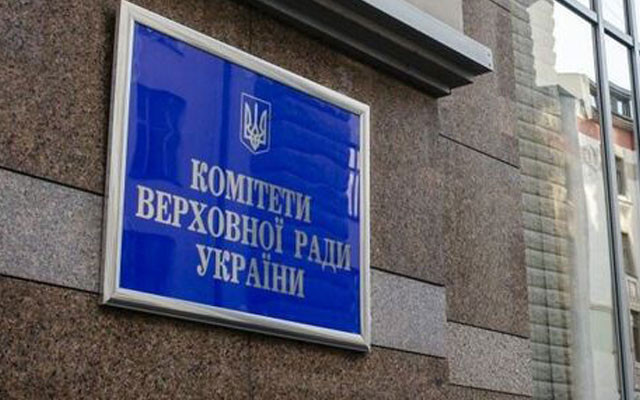
Legislation
The Verkhovna Rada Committee criticized the format of the government working group on advocacy
The implementation of the Roadmap on the rule of law (approved by Cabinet of Ministers Resolution No. 475-r of May 14, 2025) in relation to advocacy raises the practical question of who exactly should prepare legislative changes and how.
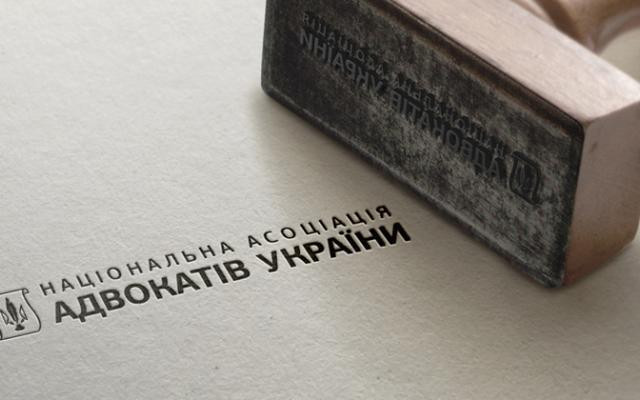
Self-government
The BCU demands a review of the composition of the government working group on reforming the advocacy profession
The President of the UNBA, BCU Lidiya Izovitova, appealed to the Cabinet of Ministers of Ukraine to review the composition of the working group on improving legislation in the field of advocacy and legal practice.
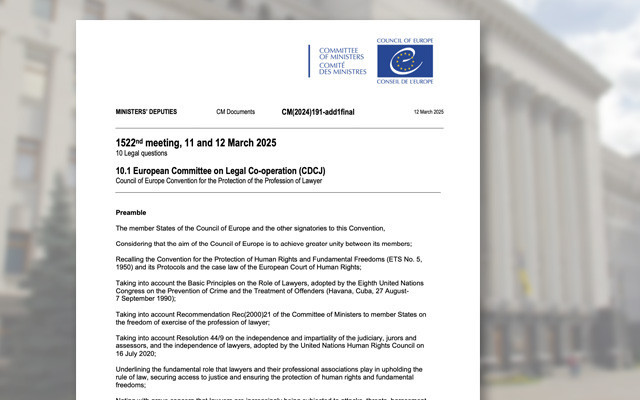
Guarantees of the practice of law
The President has determined, who will sign the Convention for the Protection of the Profession of Lawyer
President of Ukraine Volodymyr Zelenskyy authorized Ukraine's Permanent Representative to the Council of Europe Mykola Tochytskyi to sign the Council of Europe Convention for the Protection of the Profession of Lawyer.

Discussion
Why lowering the age of marriage lacks legal logic
Although until 2012 there was a provision in family law that allowed children to marry from the age of 14 under certain circumstances, its return to Ukrainian law would contradict international obligations and the logic of criminal law.
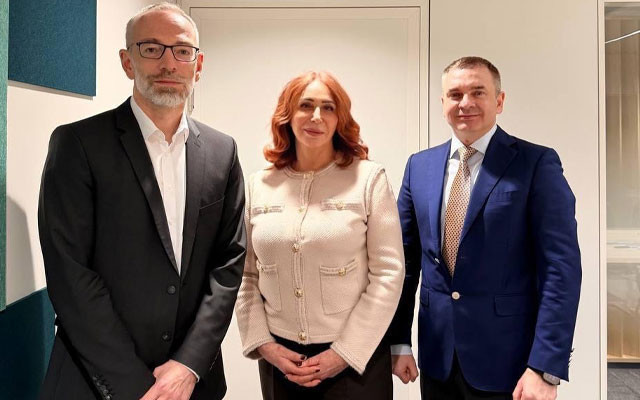
European integration
Open dialogue between the UNBA and the European Commission on the path to EU
The Ukrainian National Bar Association held a working meeting in Brussels with Mr Wolfgang Nozar, Head of Unit for Governance, Rule of Law and Financial Assistance, Directorate-General for Enlargement and Eastern Neighbourhood (DG ENEST), European Commission.

Self-government
A report on Ukrainian advocacy was presented in the European Parliament
Can a shadow report on advocacy replace the political framework of the Roadmap on the rule of law with demands for the restructuring of self-government? Where is the line between accountability and the seizure of institutions? And how can we respond to narratives with data rather than impressions?
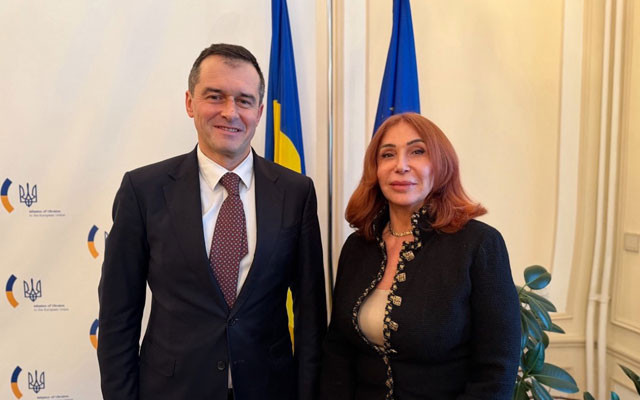
European integration
UNBA and Ukraine's representation to the EU have synchronized their priorities
On February 5, in Brussels, the President of the UNBA, BCU Lidiya Izovitova held a working meeting with the Ambassador Extraordinary and Plenipotentiary of Ukraine, Representative of Ukraine to the European Union Vsevolod Chentsov.
Publications

Volodymyr Matsko Extradition as a systemic form of rights violations

Victoria Yakusha, Law and Business The anti-corruption vertical cannot «take care» of the Bar as an institution, - acting head of the HQDCB

Censor.net Protecting advocates – protecting justice: addressing concerns about the new law

Ihor Kolesnykov A BRIEF SUMMARY REGARDING THE APPLICATION OF THE ORDER ON EXTENDED CONFISCATION IN LATVIA REGARDING FINANCIAL ASSETS OF…

Valentyn Gvozdiy WORKING IN A WAR ZONE

Lydia Izovitova Formula of perfection

Sergiy Vylkov Our judicial system is so built that courts do not trust advocates

Iryna Vasylyk Advocacy in the proclamation of Independence of Ukraine
